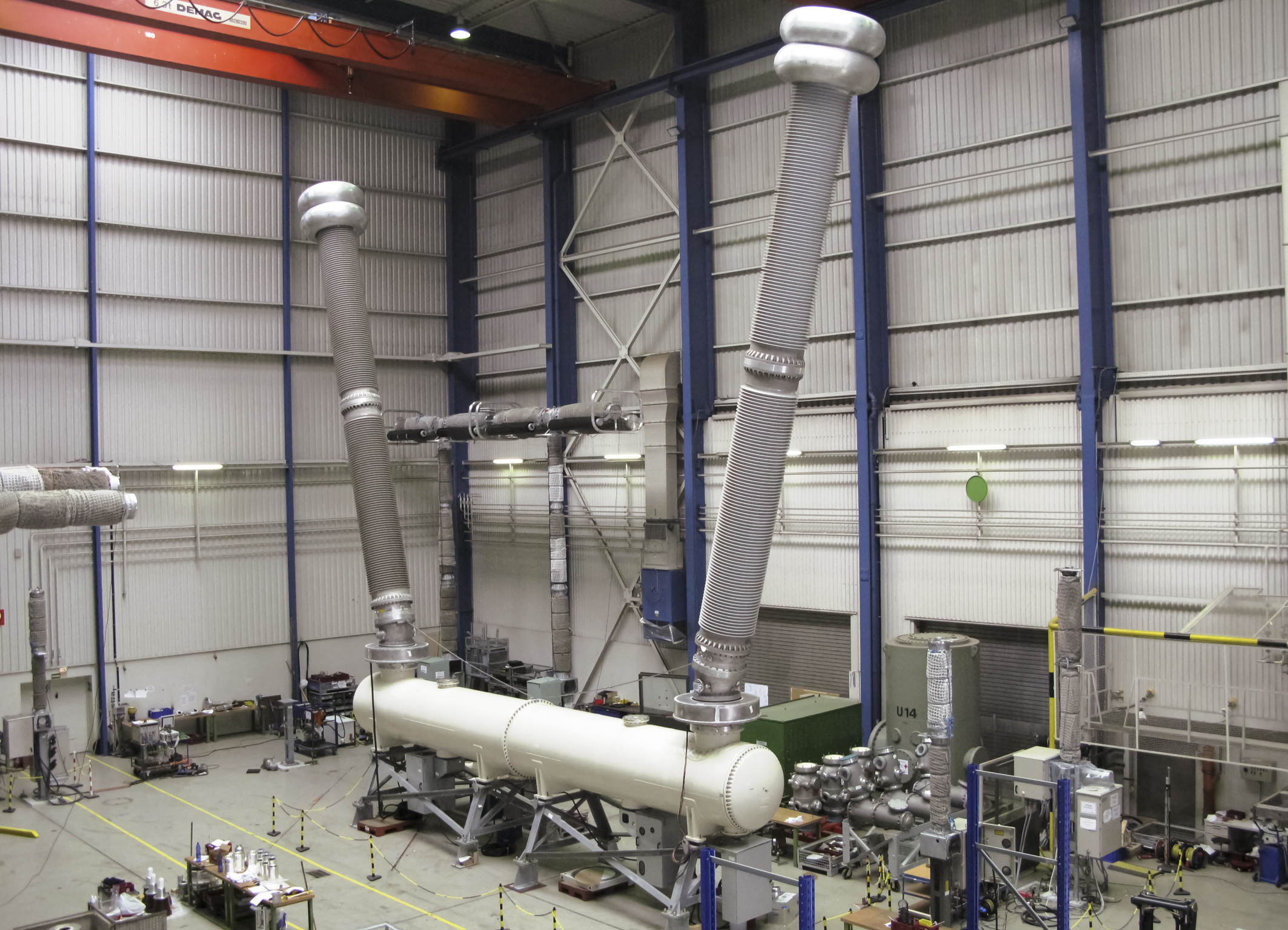For the last few decades, IT, telecom and electronics infrastructures supported an increasingly automated industrial process, economic globalization, and the birth of the Internet. Traditional factory floors gave way to robotics, the Internet fueled new possibilities in communications, and the world got smaller. More recently, big data, and mobility completed the backdrop necessary for the advent of a new revolution–digital in nature–that will redefine production, supply and value chains, and more importantly, how they work together.
Germany, long the exporter of machinery and industrial equipment and with a reputation for skilled craftsmanship and quality engineering, is quietly spawning this revolution. Universities, research centers and companies are giving life to Industry 4.0. In the hyper-connected world there will be an unprecedented level of process integration, intelligence, and decentralization of manufacturing affecting communications, planning, logistics and production.
Under Industry 4.0, production will occur in small quantities, in real-time, and only after an order is received. As intelligent sensors monitor and report progress, complex software will translate data into meaningful images that bridge language barriers. Products will themselves communicate and act autonomously within in an intelligently networked production process.

Products are already populating the Industry 4.0 space. For example, the Siemens ultra-high voltage 1.2 megavolt circuit breaker. Source: Siemens.
What will need to occur before Industry 4.0 is a reality? At the forefront of implementation challenges are interoperability, data complexity, security, and even issues of the physical environment.
Currently, the basic elements of industrial production include the property and data output of untold companies that developed and evolved independently, plus tools, software, and processes. Interoperability standards will be necessary to solve how software, RFID and sensors interact, and most important, how data can effectively be synchronized and shared.
Protection against interception, modification, and authentication of data and control components is critical-and, given the disparity between today's general IT and industrial security methods, it won't be easy. Intelligence in data fusion, filtering and decision support systems will be required. Big data will have to be managed so that it does not grow bigger yet. Finally, Industry 4.0 will impact factory design and construction, not just for new facilities, but also the revamping of old ones.
Where are we today? Manufacturing is in its digital infancy, yet the industry is punctuated by demands and expectations for more rapid innovation globally. Energy efficiency, customized products and services, ever-shorter lifecycles and software advances are each gaining traction.
In Germany, there is evidence of Industry 4.0 making headway. New CNC controllers based on Industry 4.0 already enhance machine tool integration to handle standardized machine concepts and modular solutions. Improvements are yielding greater precision and safety and are, in some cases, speeding product development by up to 50%.
Analytics are extremely important going forward and software prompts data-rich answers to key business questions; enables actions to keep pace with the speed of operation; creates seamless collaboration, and enhances both productivity and cyber defense.
Many technologies will become a part of the landscape. 3D printing, for example, will enable companies to respond to demand for customized products. Switches and routers from Industrial Ethernet are already moving towards Industry 4.0. The key to moving forward is being able to harness technology to support an organization's goals and deliver the performance the market demands.
In the near term, highly productive and reliable machines and plants will no longer be sufficient. Product-related services associated with the machine itself will be the center of manufacturing. Information and communication technologies will spur the adoption of intelligently networked and self-controlling systems.
While Industry 4.0 won't be available tomorrow, it will likely gain momentum rapidly as it moves into place globally. Once in place, as with other industrial revolutions, production will never be the same.
By Carolyn Mathas for Mouser Electronics
Advertisement
Learn more about Mouser Electronics





